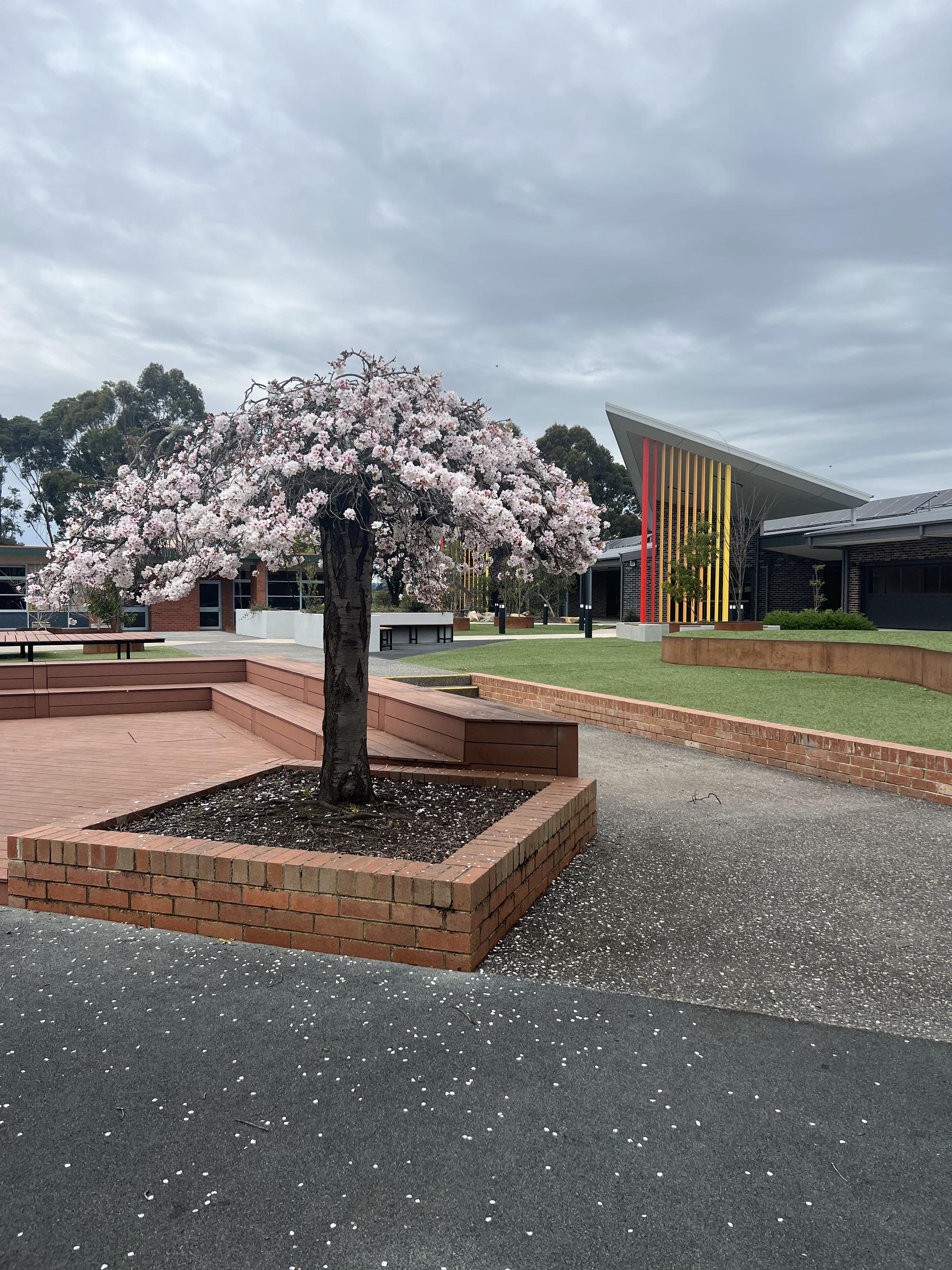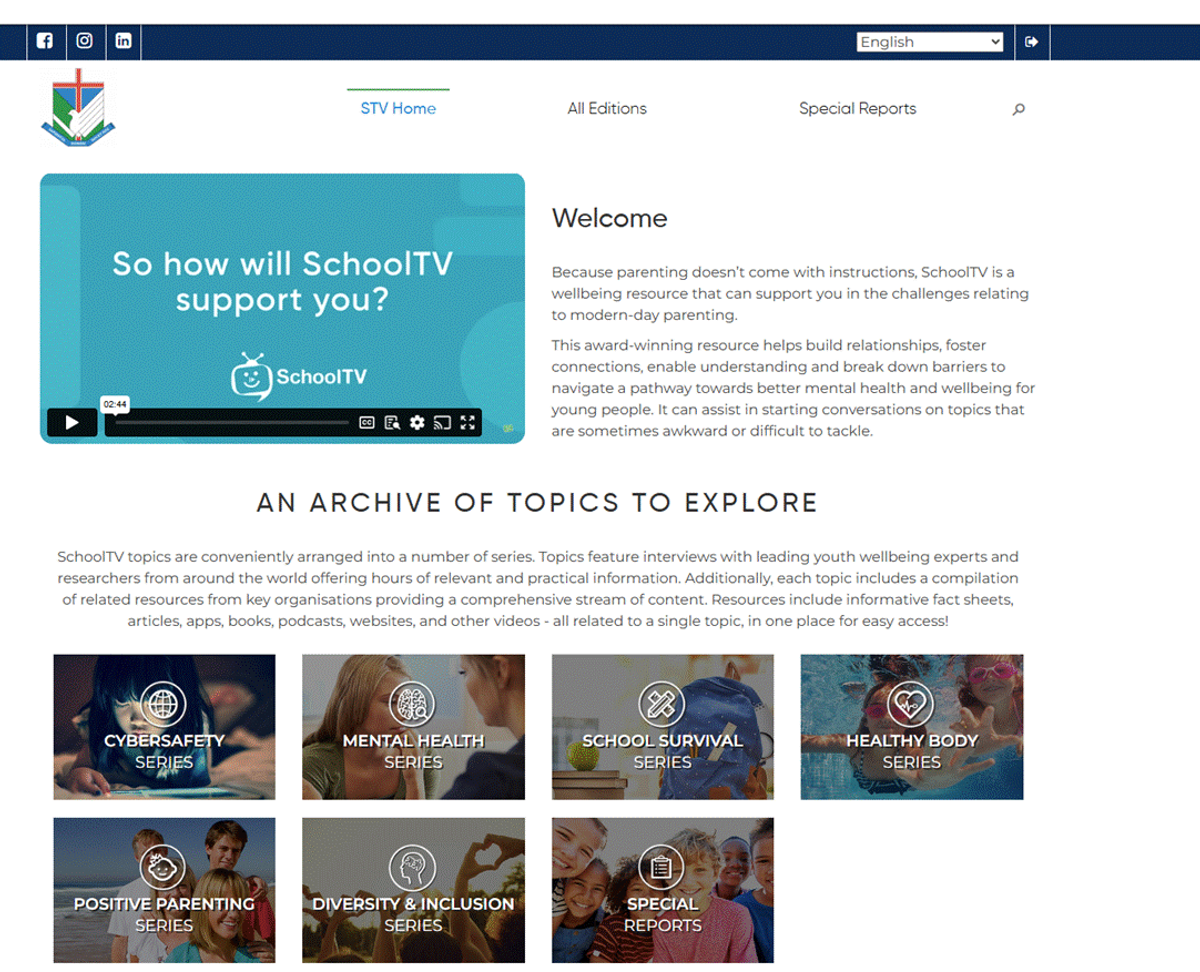Wellbeing
Mr. John Ryan - Deputy Principal

Wellbeing
Mr. John Ryan - Deputy Principal
Raising children can be one of life’s greatest joys, as you watch them grow and develop into their own unique selves.The relationship that parents and caregivers build with their children plays a major role in shaping their development and future well-being. While there’s no universal guidebook to parenting, most parents learn along the way—growing into the role through experience.
Although there are many different approaches to parenting, research shows that children thrive best when raised in a warm and loving environment with clear guidance and consistent support. By learning more about various parenting styles and how they affect children, you can better understand your own approach—and possibly adjust it to suit your family’s needs.
The College partners with families to provide guidance and ensure a safe, predictable environment at Mary MacKillop College—one that reflects the values of good parenting at home.
SPECIAL REPORT: Parenting Styles
This week our wellbeing focus within the newsletter is Positive Parenting. Dr Michael Carr Greg has made a short video for MacKillop TV discussing this topic. See the link below. There is also a short quiz that parents can undertake.
https://mackillopleongatha.catholic.schooltv.me/wellbeing_news/special-report-parenting-styles
For the above information or other topics, families should access https://mackillopleongatha.catholic.schooltv.me/


New College Initiative: Ready to Learn (RTL)
The MMCRC Ready to Learn initiative, is provided to students to support young persons who require consistent, predictable routines and co-regulatory environments that nurture students’ capabilities to self-regulate in their own bodies.
“Helping students to self-regulate as a life skill gives opportunity to navigate everyday difficulties and more challenging life experiences, both within the classroom and beyond.” John Ryan MMCRC DP Wellbeing
Ready to Learn (RTL) provides strategies that build self-regulation for learning.
RTL provides:
Ready to Learn Interventions
RTL interventions are compassionate accommodations for times when a student is feeling dysregulated or escalated. Students with teacher support and guidance create the interventions.
While there is flexibility in the content of RTL Interventions, they cover similar topics. For example, students may be asked to reflect on the following prompts:
Identification of a student
Wellbeing staff may suggest students that might benefit from using their RTL Interventions. Over time, students often develop their capabilities to recognise that they are starting to feel overwhelmed or dysregulated and will ask to use their plans themselves. In this way, RTL Interventions become a consistent, predictable routine shared across the educational community.
Benefits of Ready to Learn and how it will work
RTL Interventions are another set of interventions that support the Personal Learning Plan for that student. Maintaining a record of who attends, who referred the student, date attended, time arrived, and time of departure, and comments, eg, emotional state on arrival, strategies that worked, will be essential to evaluate and review as part of the College Nationally Consistent Collection of Data (NCCD) evidence.
“Ready to Learn Interventions communicate that students are accepted, valued, and supported, independently of their thoughts, feelings, and behaviours.” John Ryan MMCRC DP Wellbeing
Pre-prepared strategies for students to use when they are feeling escalated, dysregulated, or overwhelmed, may already be in place. At MMCRC RTL will be used as a short-term strategy in period one. A staff member will meet the students/s requiring the support in the MMCRC Learning Resource centre and then develop an appropriate course of action and setting for that student. It is hoped that students can be reintegrated back into class once settled and organised the day ahead.
“Students who can notice escalation signals in their bodies and activate a regulation strategy from their Personal Learning Plan are practising the best early intervention for a stressed or escalated response.” John Ryan MMCRC DP Wellbeing
It takes time and practice for students to notice early warning signs of stress, therefore the need for educators to support them and intervene early is why RTL is invaluable
Over time, students’ capacities build, and it becomes easier to notice bodily signals and act early to self-regulate or ask for help.
With consistent use of RTL interventions, students may recognise their own needs before they reach the point of meltdown or shutdown.